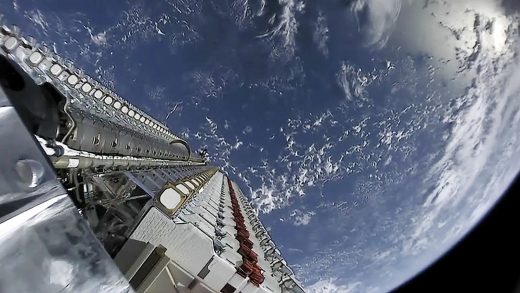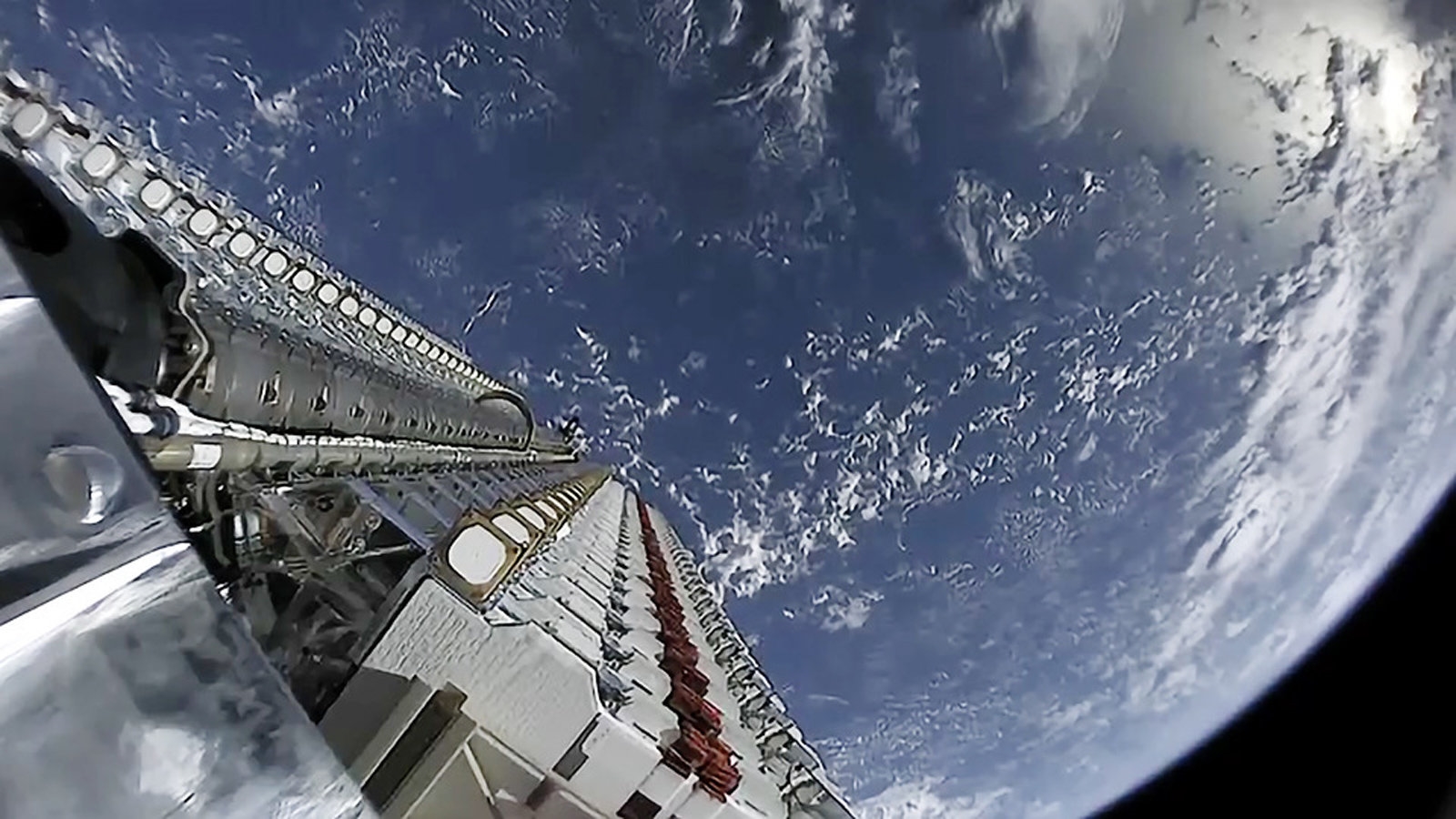SpaceX’s internet satellites could be a problem for astronomers
As helpful as SpaceX’s Starlink satellites may be, they could be a pain for astronomers. The Harvard-Smithsonian Center’s Jonathan McDowell and others have observed that the internet satellites are bright enough to cause a “problem” for astronomy, and the eventual constellation of roughly 12,000 satellites could complicate humanity’s view of the night sky. It would triple the number of satellites in orbit, CNET noted, forcing telescope operators to account for the objects.
The issue isn’t as bad as initially feared, when the satellites hadn’t finished orienting their solar panels and were thus extra bright (you can see a video of this below). The vehicles are only intended to last five years in orbit before descending to a fiery death in the atmosphere, for that matter, so this may only be a temporary issue. Elon Musk has maintained that the Starlink constellation “won’t be seen by anyone” unless they’re going out of their way to look.
Still, the executive was aware of the potential pitfalls and vowed to do something about it. SpaceX would ensure that Starlink “had no material effect” on astronomy, Musk said, adding that he’d asked the team to reduce the albedo (reflectivity) of the satellites going forward. He was even receptive to the idea of mounting telescopes on Starlink bodies to provide a clearer view of space. While these moves won’t completely ease the minds of sky watchers, the company is at least aware of its potential impact in an era where a crowded orbit and space debris are very real issues.
(19)




